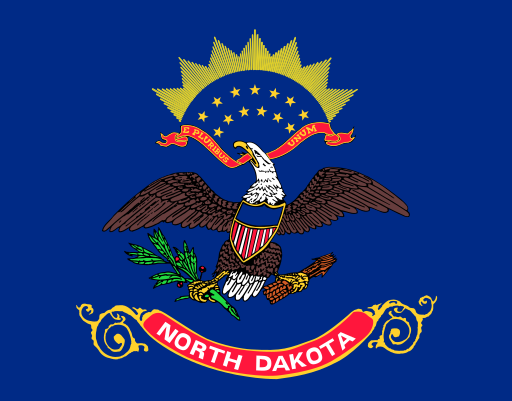The North Dakota House of Representatives voted on April 10, 2023, to override Gov. Doug Burgum’s (R) veto of HB1273. The bill would ban the use of ranked-choice and approval voting methods in the state. Ranked-choice voting is an electoral system in which voters rank candidates by preference on their ballots. Approval voting allows voters to vote for all the candidates the voter approves of, and the candidates receiving the most votes are elected until all necessary seats are filled in the race.
Gov. Burgum vetoed the legislation on April 6, 2023, calling the bill an example of state overreach and saying it “blatantly infringes on local control.” Currently, one municipality in the state, Fargo, utilizes a voting method that the bill would prohibit. North Dakota House Majority Leader Mike Lefor (R) said of the effort to override Gov. Burgum’s veto: “The legislature properly exercised its authority to regulate the way elections are conducted… It’s a matter of statewide concern.”
The state House voted 71-17 to override Burgum’s veto. A two-thirds majority in the state Senate is required to override the veto and enact the legislation. North Dakota is a Republican trifecta, meaning that Republicans control both chambers of the legislature and the governorship. In the state House, Republicans hold 82 of 94 seats, while in the Senate they hold 43 of 47 seats.
North Dakota is one of several states considering prohibitions on using ranked-choice and other similar multiple-round or tabulated voting methods. Florida and Tennessee became the first states in the country to enact such bans in 2022, followed by South Dakota and Idaho, who have done so in 2023 legislative sessions. Similar bills in three other states have passed at least one chamber of their state’s legislature this year, Arizona’s HB2552, Montana’s HB598, and Texas’ SB92.
Additional reading:
Election administration in North Dakota
More ranked-choice voting bans considered in 2023 legislative sessions than previous years


